应用发展心理学哲学博士
Doctor of Philosophy in Applied Developmental Psychology

学历文凭
Ph.D.

专业院系
Department of Psycology

开学时间

课程时长

课程学费

国际学生入学条件
IDP—雅思考试联合主办方

雅思考试总分
6.5
- 雅思总分:6.5
- 托福网考总分:80
- 托福笔试总分:160
- 其他语言考试:DuoLingo scores - minimum score required by the Graduate School is 115.,A minimum score of 53 is required on the PTE Academic test.
CRICOS代码:
申请截止日期: 请与IDP联系 以获取详细信息。
课程简介
The Applied Developmental Psychology program reflects the intersection of developmental psychology and applied science by considering questions of developmental import within the social context of children’s everyday lives. Graduates of the program will have the knowledge and skill to conduct research and work in settings focused on child, family, and school well-being, particularly in inner-city, lower-income, and cultural minority and cross-cultural contexts.The program has three concentrations, with flexibility within and across concentrations to construct a program experience that combines broad exposure to foundational courses and to specialized courses and experiences tailored to individual students’ career goals and interests: The Early DevelopmentEarly Intervention concentration focuses on genetic, biological and environmental factors that impede or promote development in the early years and on established and innovative intervention approaches for infants and young children at risk.The Socioemotional Development of Children concentration focuses on the interactions between individual, peer, and parentingfamily factors in the social emotional development of children in different socio-cultural contexts. The Educational Contexts of Development concentration focuses on the cognitive, social, and motivational factors that affect children’s learning within the contexts of schools, families, cultures, and neighborhoods.
相关申请
 预科
预科 奖学金
奖学金 实习机会
实习机会 在校学习
在校学习 跨境学习
跨境学习 校园授课-线上开始
校园授课-线上开始 在线/远程学习
在线/远程学习
开学时间&学费
学费信息仅供参考,请与IDP联系以获取详细信息
| 开学时间 | 时长 | 学费 | 地点 |
|---|
学校排名

世界排名501
数据源:
泰晤士高等教育世界大学排名
关于马里兰大学巴尔的摩分校

马里兰大学-巴尔迪默分校创建于 1963 年,是一所公立综合大学。该校分为三个学院,数学与自然科学学院,工程和信息科技学院以及艺术人文和社会科学学院。马里兰大学提供本科和硕士项目,专业多达54个。 马里兰大学共有学生1万多名。师生比1:20。校园社团活动丰富,全校有250个学生组织和20个兄弟会和姐妹会。 学校占地 500 英亩,距离巴尔迪默市区15分钟车程,距华盛顿特区45分钟车程。马里兰大学的研究和科技园占地71英亩,为许多大学合作的科技、生化和实验组织提供研究基地,其中不乏美国政府研究机构。 马里兰大学在美国大学排名2012为第157名. 校园社团活动丰富,全校有250个学生组织和20个兄弟会和姐妹会。
本校相关课程
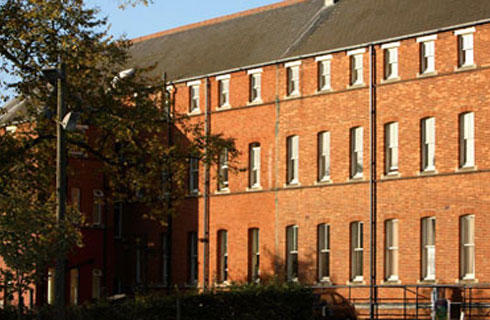
Bachelor of Science in Statistics
学历文凭
Bachelor Degree
开学日期
课程费用总额


Bachelor of Science in Mathematics
学历文凭
Bachelor Degree
开学日期
课程费用总额


应用数学哲学博士
学历文凭
Ph.D.
开学日期
课程费用总额

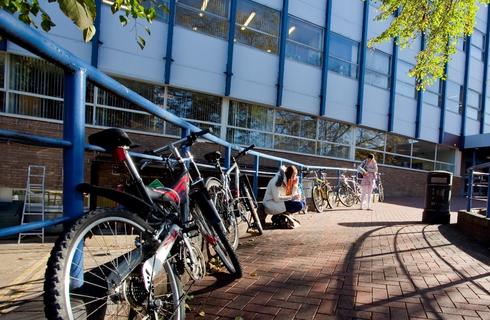
应用数学理学硕士
学历文凭
Masters Degree
开学日期
课程费用总额

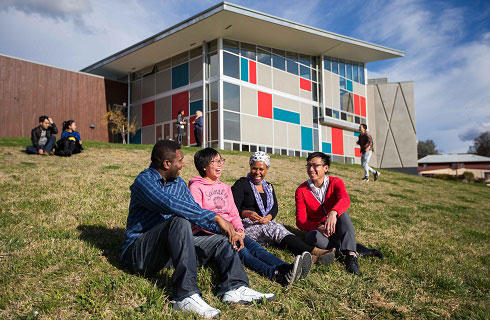
Bachelor of Fine Arts in Visual Arts
学历文凭
Bachelor Degree
开学日期
课程费用总额


Bachelor of Arts in Visual Arts
学历文凭
Bachelor Degree
开学日期
课程费用总额

其他相关课程

心理学文学士-发展心理学
 伊利诺伊大学春田分校
伊利诺伊大学春田分校学历文凭
Bachelor Degree
开学日期
课程费用总额


Master of Science in Psychology - Developmental Psychology
 特伦特大学
特伦特大学学历文凭
Masters Degree
开学日期
课程费用总额


发展科学哲学博士
 佛罗里达国际大学
佛罗里达国际大学泰晤士高等教育世界大学排名:424
学历文凭
Ph.D.
开学日期
课程费用总额

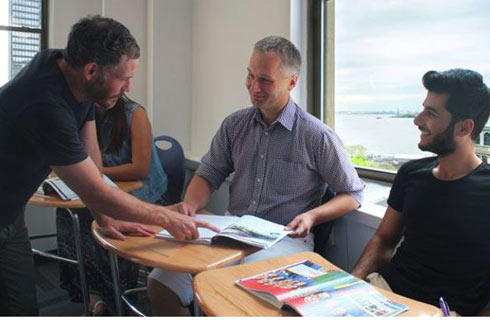
实验心理学哲学博士-发展科学
 阿拉巴马大学
阿拉巴马大学学历文凭
Ph.D.
开学日期
课程费用总额

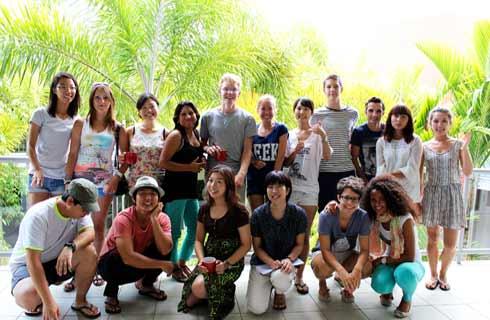
发展心理学哲学博士
 纽约大学
纽约大学泰晤士高等教育世界大学排名:32
学历文凭
Ph.D.
开学日期
课程费用总额


心理学哲学博士-发展心理学
 西蒙菲莎大学
西蒙菲莎大学学历文凭
Ph.D.
开学日期
课程费用总额










